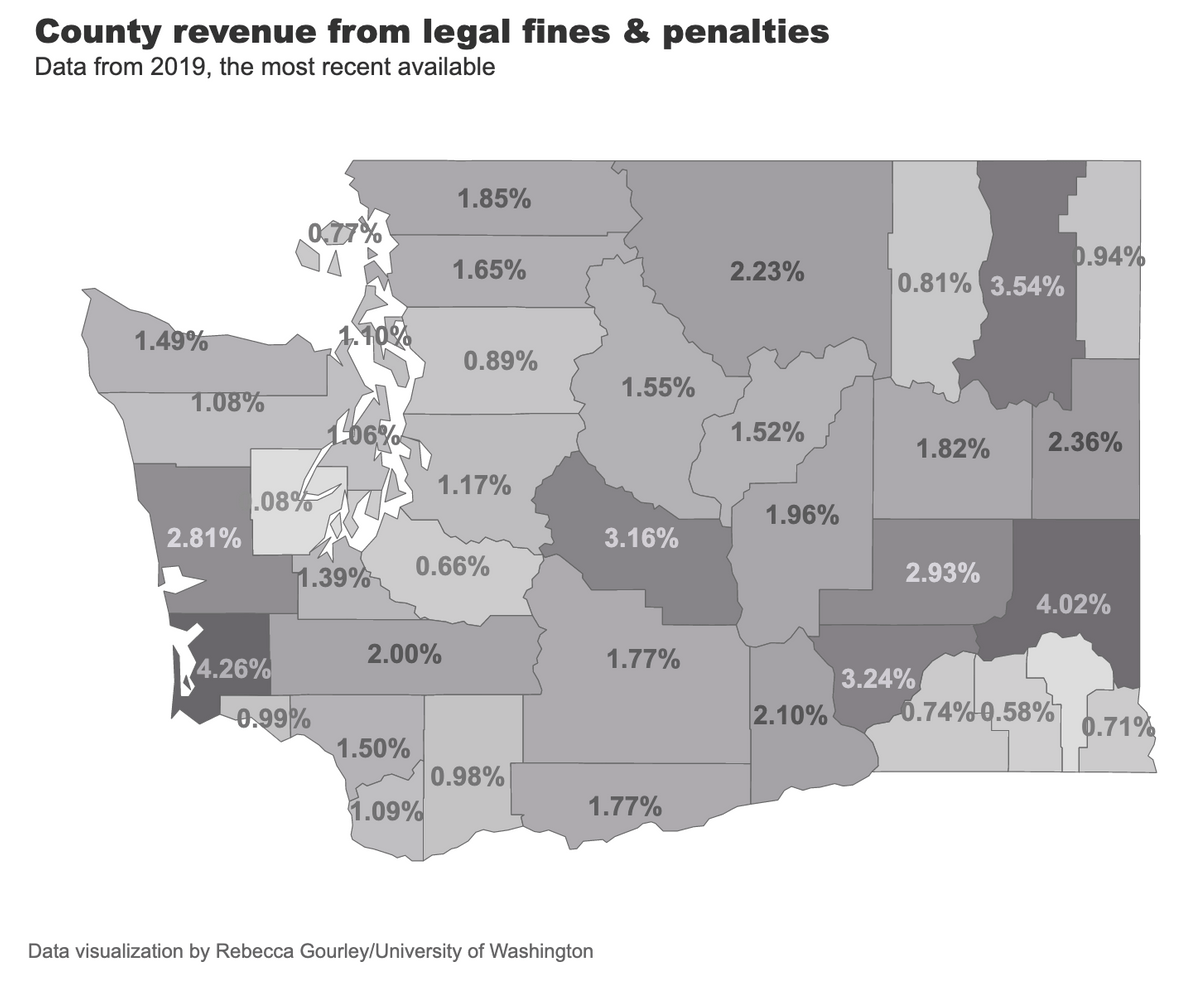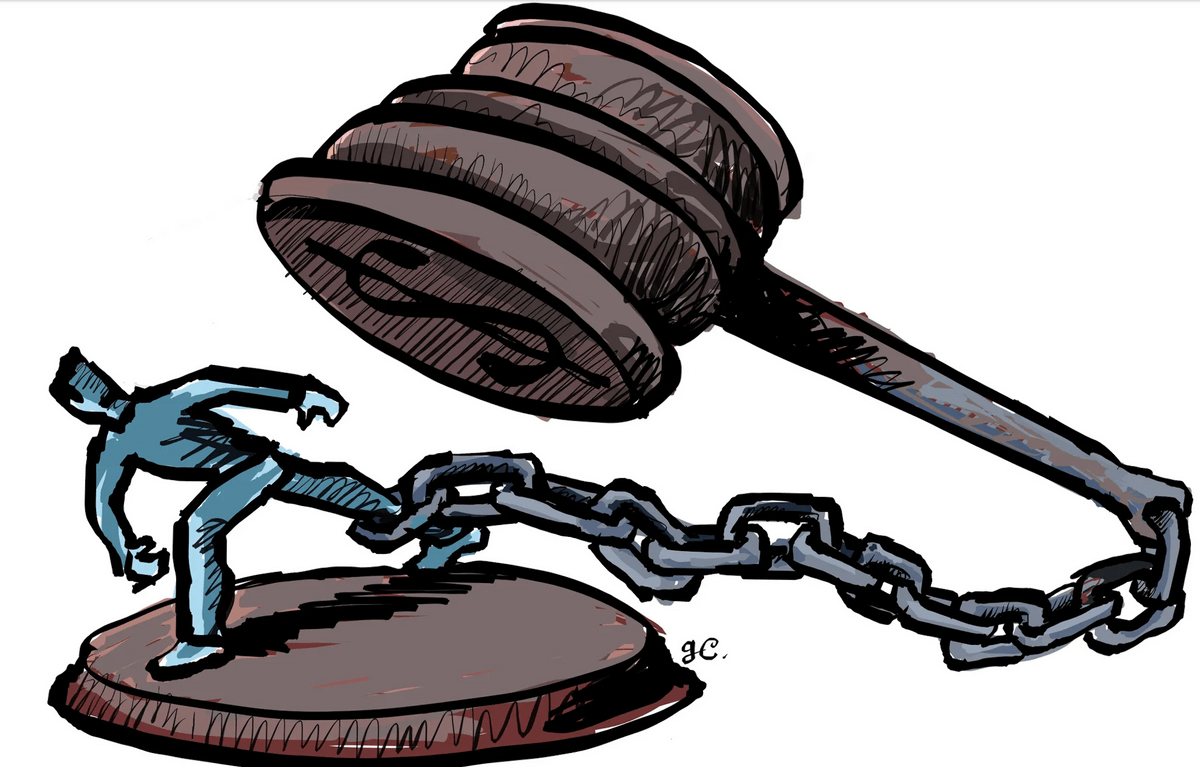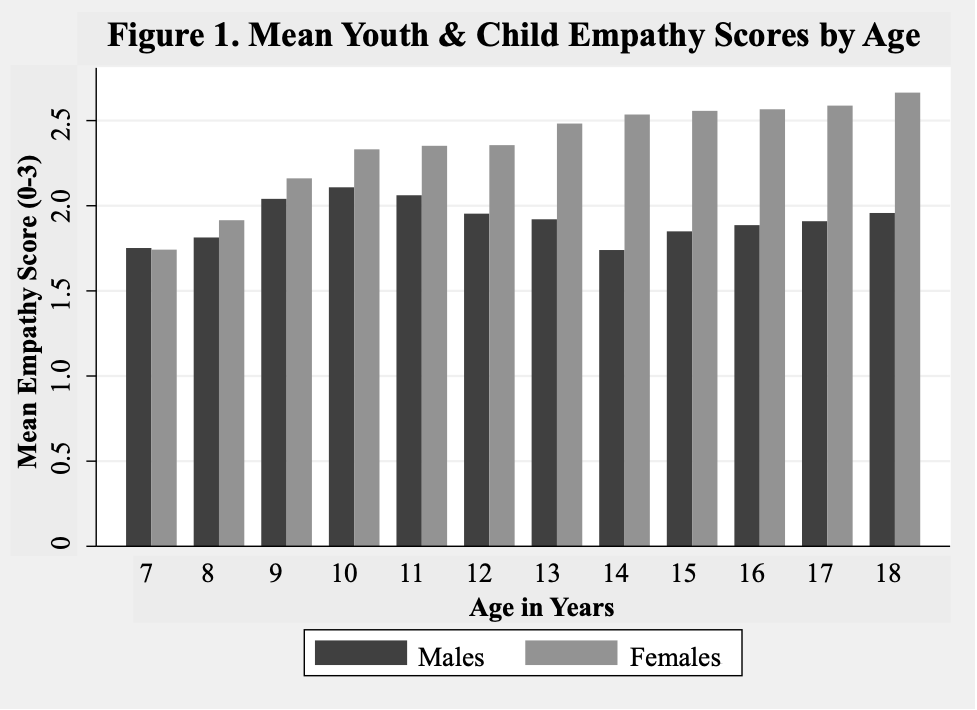

Kate K. O'Neill, PhD
I am a tenure-track assistant professor at the University of Iowa, Department of Sociology and Criminology. My award-winning work has appeared in multiple publications, including Feminist Criminology, the Sociology of Race & Ethnicity, Deviant Behavior, the Journal of Crime and Justice, and social psychology textbooks.
I am a quantiative researcher whose body of work covers gender, racism, and the reproduction of inequalities in crime and punishment. I use self-report, social media, and administrative data to answer research questions about crime across the life course, gangs, and legal financial punishments.
CURRICULUM VITAE
Academic Emplyoment
Tenure Track Assistant Professor of Sociology and Criminology, Univeristy of Iowa (2024-present)
Postdoctoral Researcher with the Collective to Study the Broad Reach and Burden of Monetary Sanctions, University of Washington (2021-2024)
Graduate Research and Teaching Assistant; Lead Instructor, University of Washington 2014-2021
Education
PhD, the University of Washington, 2021
MA, the University of Washington, 2016
MSc, the London School of Economics and Political Science, 2010
BA, the Ohio University 2008
Research Publications
O’Neill, Kate K., and Alexes Harris. 2025. “Silver Sanctions: Legal financial obligations in anaging population”. Advances in Life Course Research: 64.
Leverso, John, Kate K. O’Neill, Alex Knorre,and George Mohler. 2025. “The Limits of Digital Liberation: The social network
locations of gang-affiliated girls and women in the digital streets”. The Journal of Criminal Justice 96(102344): 1-11.Shannon, Sarah, Ryan Larson, Ian Kennedy, Kate K. O’Neill, and Alexes Harris. 2024. “Spatial Predation: Criminal legal resource extraction in two U.S. cities”. Socius: Sociological Research for a Dynamic World.
O’Neill, Kate K. 2023. “Mixed-Sex Peer Groups and ViolentDelinquency: Understanding the influence of mixed-sex peer groups, sex, and romance on violent delinquency.” The Journal of Crime and Justice.
O’Neill, Kate K., Tyler Smith, and Ian Kennedy. 2022. “County Dependence on Monetary Sanctions: Implications for Women’s Incarceration.” in RSF: Russell Sage Foundation Journal of the Social Sciences. State Monetary Sanctions and the Costs of the Criminal Legal System, edited by A. Harris, M. Pattillo, and B. Sykes.
O’Neill, Kate K., Ian Kennedy, and Alexes Harris. 2021. “Debtors’ Blocks: How Monetary Sanctions Make Between Neighborhood Racial and Economic Inequalities Worse.” The Sociology of Race & Ethnicity. 8(1): 43-61.
Leverso, John, and Kate K. O’Neill. 2021. “Gang Membership and Victimization: How Gangs Facilitate Violent Victimization of Their Members.” Deviant Behavior. 43(9): 1103-1119.
O’Neill, Kate K. 2020. “The Adolescent Empathy Paradox and Juvenile Offending: Why Sex Differences in Empathic Ability Can Help Explain the Gender Gap in Juvenile Offending.” Feminist Criminology. 15(4): 410-437.
Matsueda, Ross L., Kate K. O’Neill, and Derek A. Kreager. 2020. “Embeddedness, Reflected Appraisals, and Deterrence: A Symbolic Interactionist Theory of Adolescent Theft.” in Symbolic Interaction: Deepening Foundations; Building Bridges, edited by R. Stryker, R. Serpe, and B. Powell. Springer.
Teaching Publications
O'Neill, Kate K. 2021. "Giving Students the Floor." Assignment published in TRAILS: Teaching Resources and Innovations Library for Sociology. Washington DC: American Sociological Association. (http://trails.asanet.org)
O'Neill, Kate K. 2020. "Women in the Social Structure." Syllabus published in TRAILS: Teaching Resources and Innovations Library for Sociology. Washington DC: American Sociological Association. (http://trails.asanet.org)
RESEARCH
ONGOING PROJECTS AND PAPERS: LEAD & CO-LEAD PROJECTS

The System of Monetary Sanctions
Ongoing Research Project
This work links multiple administrative datasets from state and national organizations to build on prior scholarship on inequalities in the distribution of monetary sanctions and their community-level consequences.

Gangs in the Digital Streets
Ongoing Research Project
This mixed-methods research uses web-scraped data from sites such as Facebook and reddit to examine how people reproduce and challenge gang culture and dynamics through their online personas and interactions.

Girls, Women, and Offending Across the Life Course
PhD Dissertation (Dr. Ross L. Matsueda, chair)
This work uses gender, feminist, and developmental theories to examine patterns of deviant, delinquent, and criminal behavior from childhood to adulthood. Notable ongoing projects include research in childhood exposure to intimate partner violence and gun carriage and online "runaway" communites.
MEDIA
SELECTED FEATURES ON PUBLIC-FACING RESEARCH

Counties That Rely on the Courts for Revenue Sentence More Women to Incarceration
by Kim Eckart

Op-ed: Lift the Burden of Legal Fines and Fees
by Kate K. O'Neill, Alexes Harris, & Ian Kennedy

TEACHING
Whether it's teaching anger management to men convicted of domestic violence, a new business process to Pentagon staffers, or sociological theory to undergraduates, I have always felt at home in the classroom. I believe everyone benefits when we create inclusive, challenging spaces for teaching and learning, and I proudly adhere to that philosophy in developing every lecture, training, discussion, and activity that makes it into my classroom.
Check out some of my sample materials, below.

Sample Syllabi
Click these links to download recent syllabi
Copyright © 2019 - Proudly built with Strikingly








